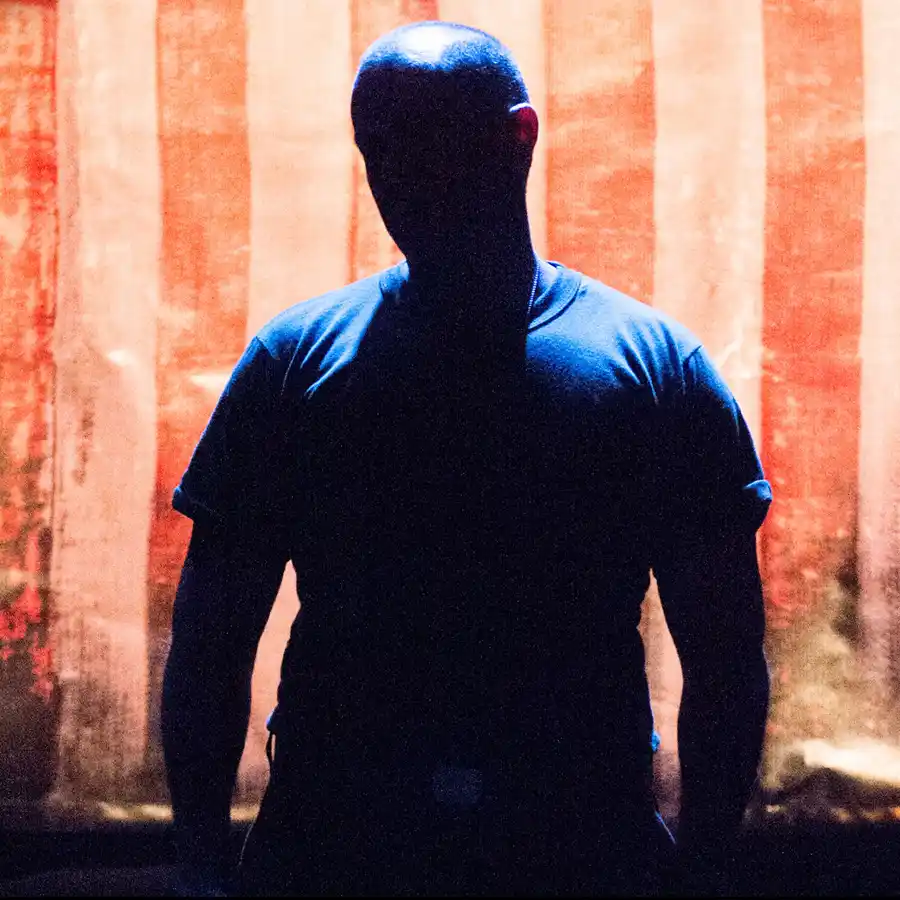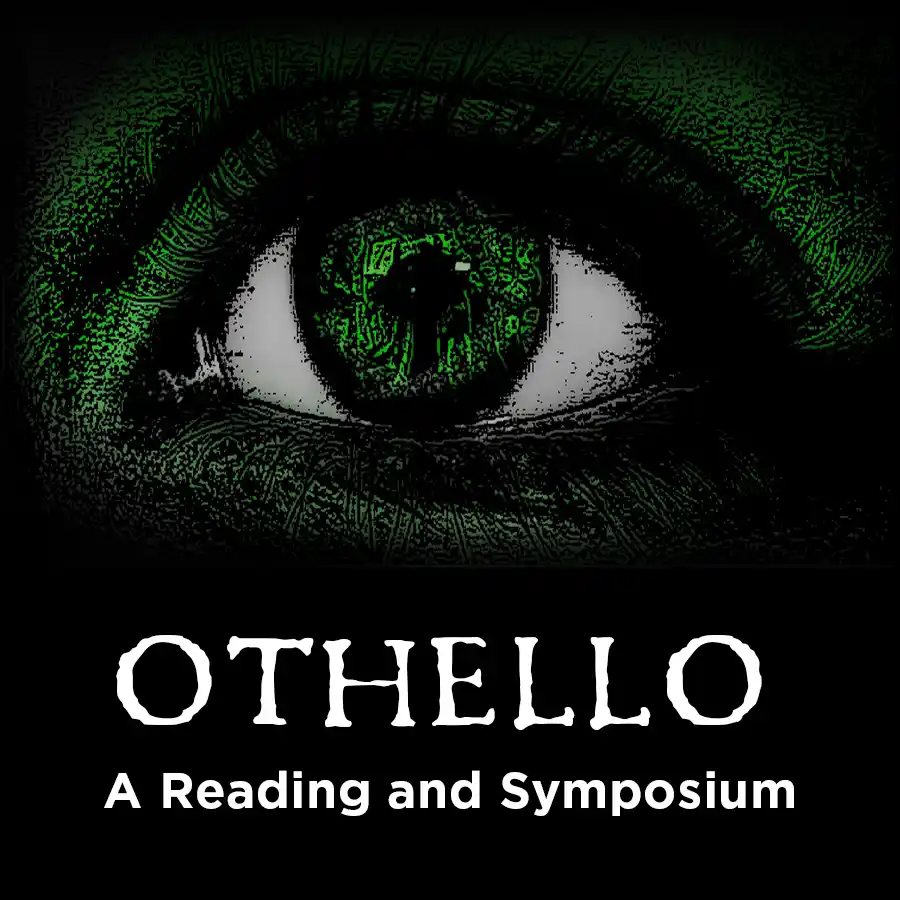Program Format
MFA acting courses take place in a conservatory environment. Graduate actors train in the studio Monday through Friday during the day and are often in rehearsals or performances in the evenings and on weekends. Actors Equity Association rules are followed for rehearsal and performance calls and days off.
UTK is a Research 1 state public institution. This designation influences the content of our curriculum, especially in the requirement of a Project in Lieu of Thesis (PILOT) in the third year and courses dedicated to graduate research and theatre history, literature, and dramaturgy. We uphold values of curiosity, inquiry, and lifelong learning, and we believe that actors should have foundational knowledge of the history and traditions of the art form and tools for ongoing research.
We value diverse theatrical traditions and voices. We are committed to diversity, equity, and inclusion throughout our department and theatre. We are committed to our faculty, visiting artists and curriculum reflecting these values. Current or recent curricular offerings include:
THEA 410: Special Studies in History, Literature and Criticism: Diverse Plays and Playwrights
THEA 415: Theatre for Every Body: Plays By and About Underrepresented People
THEA 420: Special Studies in Acting: Diverse Acting Methods — A Performance Workshop
Academic Requirements
- A minimum of 60 graduate credit hours
- 40 credit hours must be at the 500-level or above
- THEA 501 – Introduction to Graduate Research (3 credit hours)
- Three additional advisor-approved credit hours at the graduate level are required in theatre history, literature, or dramaturgy
- THEA 599 – Project in Lieu of Thesis (PILOT – 3 credit hours)
- At least 12 credit hours (3 credit hours/semester for 4 semesters) each of:
- THEA 520 – Graduate Studies in Acting
- THEA 523 – Graduate Studies in Movement
- THEA 525 – Graduate Studies in Voice
- Theatre MFA students are not required to take comprehensive examinations for the degree.
Sample Curriculum
Year One
- Theatre 493: Singing (weekly individual lessons)
- Theatre 501: Introduction to Graduate Research (Fall semester)
- One additional 3 credit-hour graduate level course in Theatre History, Literature or Criticism. Sample courses include: Theatre for Every Body; Readings in English Literature from the Restoration and 18th Century; Modern Drama, and other options.
- Theatre 515: Alexander Technique (weekly individual lessons)
- Theatre 520: Graduate Studies in Acting (Fall and Spring semesters)
- Theatre 523: Graduate Studies in Movement (Fall and Spring semesters)
- Theatre 525: Graduate Studies in Voice and Speech (Fall and Spring semesters)
- Guest artist workshops
- Probable casting in A Christmas Carol on the CBT mainstage and the potential of casting in one other CBT show; possible understudy assignments.
Year Two
- Theatre 493: Singing (weekly individual lessons and periodic group classes)
- Theatre 515: Alexander Technique (weekly individual lessons)
- Theatre 520: Graduate Studies in Acting (Fall and Spring semesters)
- Theatre 523: Graduate Studies in Movement (Fall and spring semesters)
- Theatre 525: Graduate Studies in Voice and Speech (Fall and spring semesters)
- Additional courses TBD
- Guest artist workshops
- Probable casting in 2-4 CBT shows
- Preparation for teaching and assisting in the third year, including faculty observation and shadowing
Year Three
- Theatre 493: Singing (weekly individual lessons and periodic group classes)
- Theatre 515: Alexander Technique (weekly individual lessons)
- Theatre 520: Graduate Studies in Acting (with emphasis on career transition)
- Theatre 523: Graduate Studies in Movement (typically with a unit on stage violence/combat/intimacy)
- Theatre 599: Project in Lieu of Thesis
- Guest artist workshops
- Probable casting in 2-4 CBT shows
- Teaching and assisting opportunities (some students may teach their own section of a beginning acting course, typically THEA 220)
This plan reflects our most recent curricular plan but is subject to change.
“Make them laugh, make them cry, and hack to laughter. What do people go to the theatre for? An emotional exercise. I am a servant of the people. I have never forgotten that.”
—Mary Pickford



